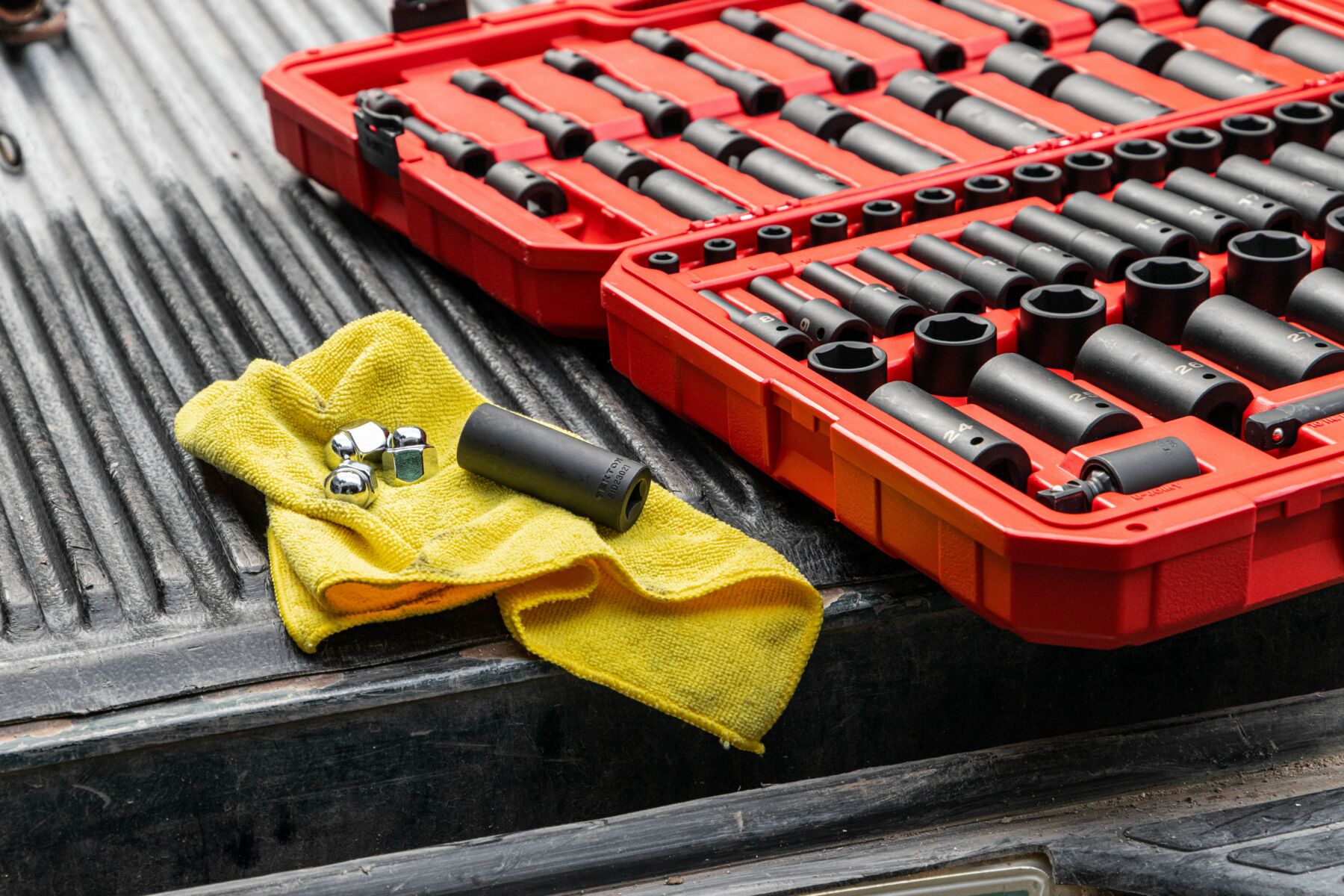Ever heard of, "if it's not broke, don't fix it?" Unfortunately, this outdated train of thought still has a place in many of our facilities and plant floors. Outdated equipment, operating on its last leg without the routine maintenance it needs poses a serious (and often ignored) threat to future productivity and success. But now's the time. The significant cost associated with downtime and reactive work greatly outweighs the investment it takes to keep your equipment running at optimal capacity.
Whether it’s routine maintenance, cleaning, testing, or upgrades – preventative maintenance ensures that your equipment is operating at optimal capacity.
Here are the top 5 benefits of preventative maintenance:
- Cost Savings – Did you know that electrical equipment failures account for millions of dollars in damage and lost business every year? Ironically, more than two thirds of electrical system failures can be avoided through preventative maintenance measures. By getting ahead in a controlled manner, you’ll save yourself from costly shutdowns and interruptions to productivity. Fewer interruptions to your critical operations are worth its weight in gold.
- Time Savings – When equipment breaks down, it’s at the expense of your productivity, people, and schedule. By proactively completing preventive maintenance measures, we’re able to get work done when it’s best for you.
- Extends Equipment Lifespan – We all know that equipment is expensive, so why not take care of it like it is. By performing preventative maintenance measures, your equipment’s lifespan is extended without having to prematurely replace your equipment and machinery.
- Better Asset Performance – It should be no surprise that equipment that is in good repair operates better. Simply, what you put in is what you’ll get out.
- Increased Safety – When your equipment isn’t working in its optimal condition, it can create hazards and unsafe working conditions for your employees. While being OSHA compliant, Preventative Maintenance also ensures that your equipment is in its ideal condition, resulting in fewer safety accidents and incidents.
Want to get started on your own proactive, preventative maintenance program?
We'd love to help!
Leave a question or comment:





